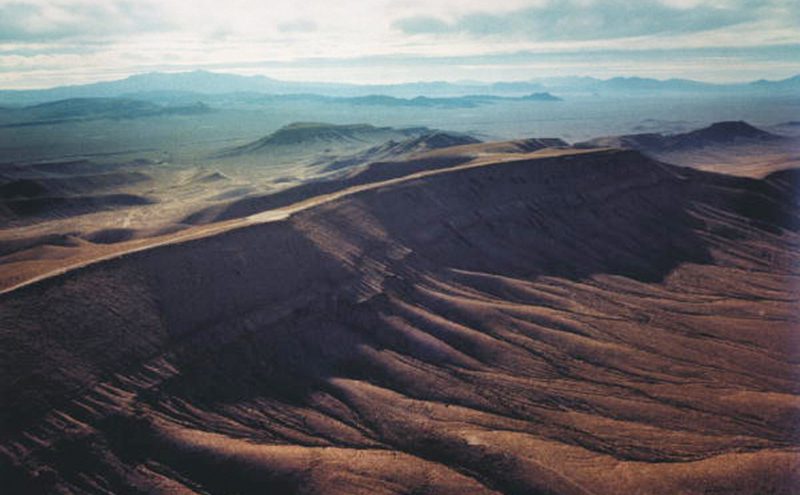
Reforms to US nuclear waste management policy appeared to gather pace on 28 June, with the passing of legislation that renews efforts to locate a geological repository for high level radioactive waste underneath Yukka Mountain in Nevada, ending an almost decade-long hiatus on US Government action to store waste of this kind.
The Nuclear Waste Policy Amendments Act of 2017 was passed by The House Energy and Commerce subcommittee by 49 votes to four. It maintains Yucca Mountain as “the most expeditious path” for spent nuclear fuel and high-level radioactive waste disposal. It also authorises interim storage, including private storage initiatives, to widen the options available until Yukka Mountain is licensed and ready to receive shipments.
Plans to locate such a facility at Yukka Mountain, the most significant candidate for sourcing a repository in the US since the Reagan years, and already the beneficiary of billions of dollars of taxpayers money to that effect, have been staunchly opposed by politicians in the state, and were shelved in 2009 after Obama took office.
The latest policy change follows a March announcement by the Trump administration, releasing a spending plan that reserves $110 million to jump-start the licensing process for a Yucca Mountain facility, as well as $10 million to initiate interim nuclear waste storage.
However, the Trump administration has offered little insight into the reasoning behind the decision, nor has it appeared to engage with opponents’ arguments.
Located 80 miles northwest of the Las Vegas Valley, in an unpopulated region, it has been described as the most-studied geological disposal site ever.
The lastest plans have been presented by opponents as a decision motivated not by public safety but political expediency, dumping the country’s waste in a single low-population state, bypassing the need to consult with the other 49 states.
Opponents also highlight regional hazards such as high levels of seismic and volcanic activity and there are no nuclear power facility’s located in Nevada, which has stoked an argument about the unfairness of its population having to contend with the risks of storing waste and transporting it around the region by road and rail.







